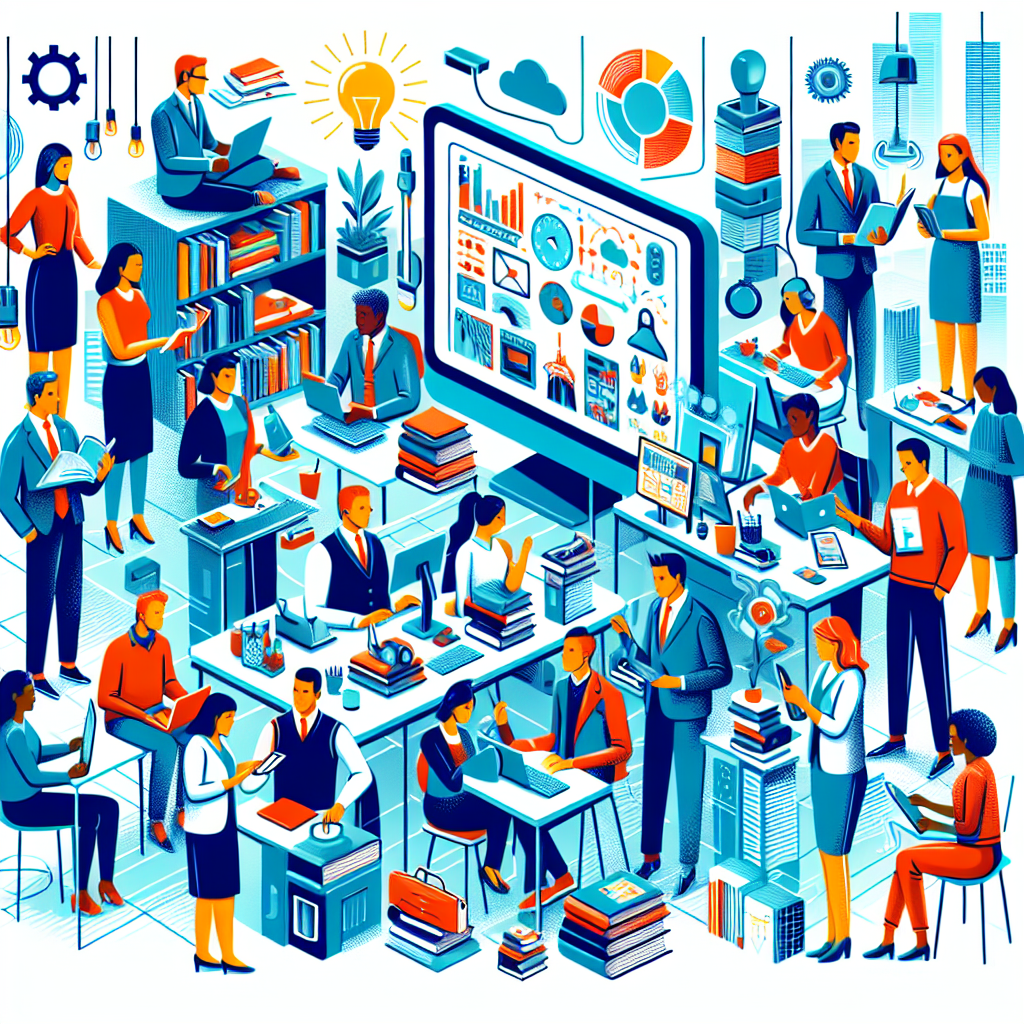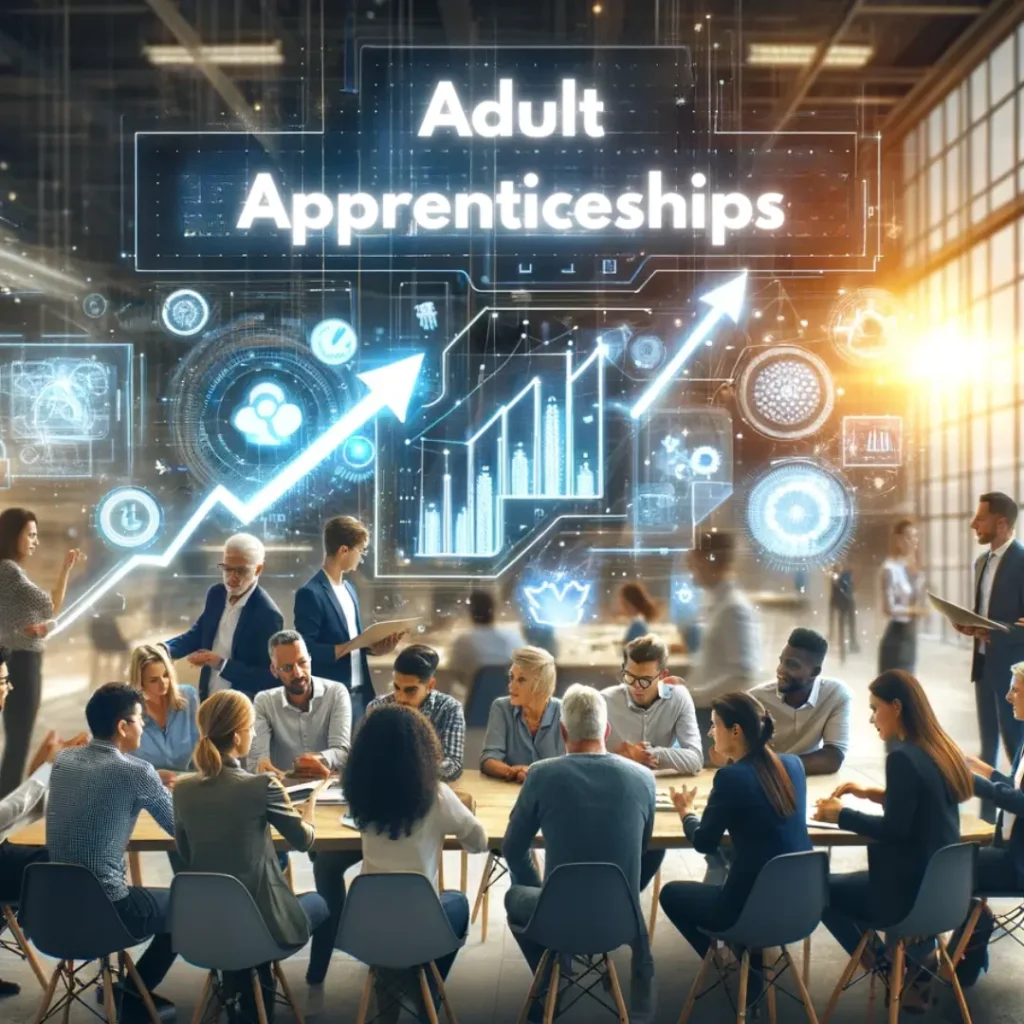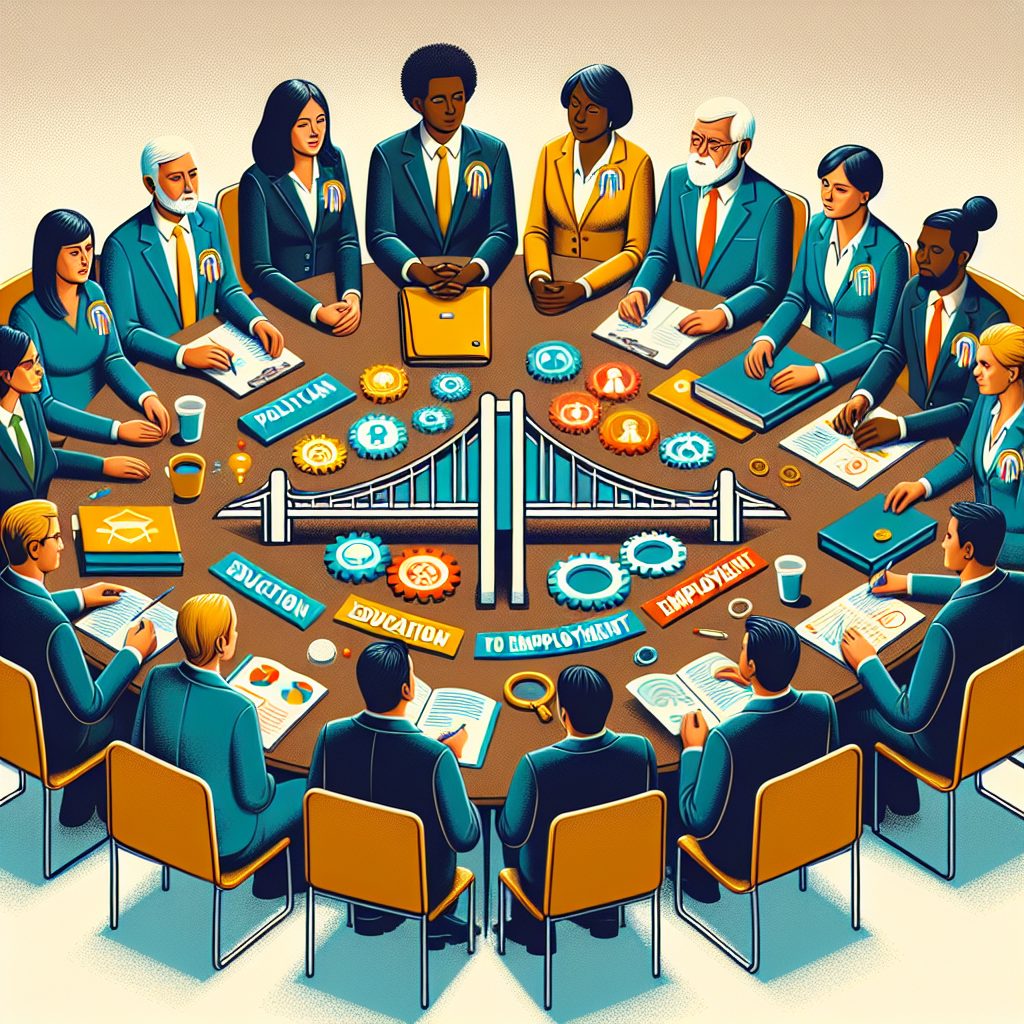
Empowering the Future: The Essential Role of Skills Development in Our Workforce

The Future of Our Workforce: Embracing Skills Development
Have you ever wondered what it takes to keep our workforce thriving in this fast-paced world? Here’s a bold statement: the future of our economy hinges on our commitment to skills development. It’s not just about getting a qualification and calling it a day; it’s about fostering a culture of continuous learning. As we dive into the upcoming Post-16 Education and Skills Strategy, let’s explore what this means for all of us—individuals, employers, and the government.
Why Skills Development is Non-Negotiable
In today’s rapidly changing work environment, technology and market needs evolve quicker than a flash. So, how can we prepare ourselves for future challenges? By embracing a “skills first” culture. We need to cultivate an environment where upskilling is not merely encouraged but expected. After all, the only way to stay relevant in a competitive job market is to keep learning.
Consider this: by prioritising skills development, we not only enhance the capabilities of our workforce but also strengthen our economy overall. Investing in people ultimately paves the path for innovation and growth. It isn’t just a duty; it’s a shared responsibility that everyone must embrace.
Key Elements of the New Skills Strategy
As part of the new strategy, here are a couple of significant changes we should spotlight:
- High-Quality Further Education Teachers: There’s a renewed focus on attracting and retaining skilled educators. These teachers will play a crucial role in delivering courses that equip individuals with the skills demanded by today’s economy. The quality of education is paramount—without great teachers, how can we expect to inspire the next generation?
- Secured Funding: Thanks to the recent Spending Review, we have the financial backing needed to turn these plans into a reality. With solid resources, initiatives can foster meaningful training opportunities that truly meet market needs.
The Role of Employers in Skills Development
Let’s chat about the role of employers for a moment. Businesses have a unique opportunity to create training programs that align with their specific requirements. It’s a win-win situation: companies gain skilled employees while staff members enjoy career growth. But how many businesses are genuinely committed to this approach?
When I think back to my early career, I remember how pivotal those training sessions were. They opened doors I never knew existed. As leaders, we have a duty to provide those same opportunities today. The success of our workforce depends on it.
A Culture of Lifelong Learning
Now, you might be asking, “How can we cultivate this culture of lifelong learning?” It starts from the top. Leaders must model the behaviour they wish to see. Encourage employees to pursue courses, attend workshops, and share their learnings with their teams. Creating an environment where curiosity is celebrated fosters an atmosphere of growth.
Remember, investing in skills is not a one-off effort. Our workforce development should continue throughout a person’s career, adapting and evolving as they do. When everyone takes part—individuals, businesses, and government—the collective result will be transformative.
Are We Ready to Embrace This Shift?
So, how prepared are we to embrace this shift? It’s time for all of us to roll up our sleeves and foster a culture of continuous learning within our organisations. This is about empowerment; it’s about providing people with the tools they need to succeed. And together, we can build a robust workforce that thrives, come what may.
As we conclude, I encourage you to reflect. How are you personally contributing to the skills development in your life, and what can you do to inspire those around you? Let’s start a conversation.
After all, the future of our workforce is bright if we commit to it together.
#SkillsStrategy #CitySkills #LifelongLearning





